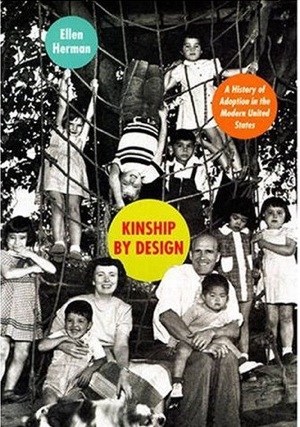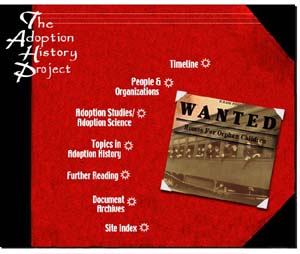biography |
research |
courses |
writing |
links |
Department of History, University of Oregon
Current Research. . . . . Autism, Between Rights and Risks Adjudicating rights and managing risks have been two of the most important responsibilities of government in modern U.S. history. Since 1945, the expansion of rights claims and the multiplication of risk designations have coincided. This project probes that coincidence by considering the case of autism. Today designated as a developmental disability, autism’s key characteristic—disconnection—challenges the sociability that grounds secure personhood and civic belonging. Autism therefore illuminates the boundaries of the human as well as the rights of citizens. This research project explores the following themes: autism and the campaign to measure, predict, and control developmental risks; autism as a controversial and increasingly prevalent clinical entity; autism as the basis for advocacy movements; autism and the right to education and early intervention; neurodiversity and democracy. Autism illustrates how risk itself became a legitimate basis for political mobilization, collective identification, and rights claims. During 2011-2012, this reserach project was supported by a Fellowship from the American Council of Learned Societies. |
|||
Past Research. . . . .
|
|||
The Adoption History Project highlights the people, organizations, topics, and studies that shaped child adoption in theory and practice during the twentieth century in the United States. The website includes numerous sketches, images, document excerpts, and bibliographic resources. It emerged out of work supported by the National Science Foundation under Grant No. 0094318, and was supported at the beginning by a small grant from Project ECHO, Center for History and New Media, George Mason University. Design assistance was provided by the Wired Humanities Project at the University of Oregon. During the 2004-2005 year, expansion of the website was supported by a grant from the Viola W. Bernard Foundation. |
|
||

